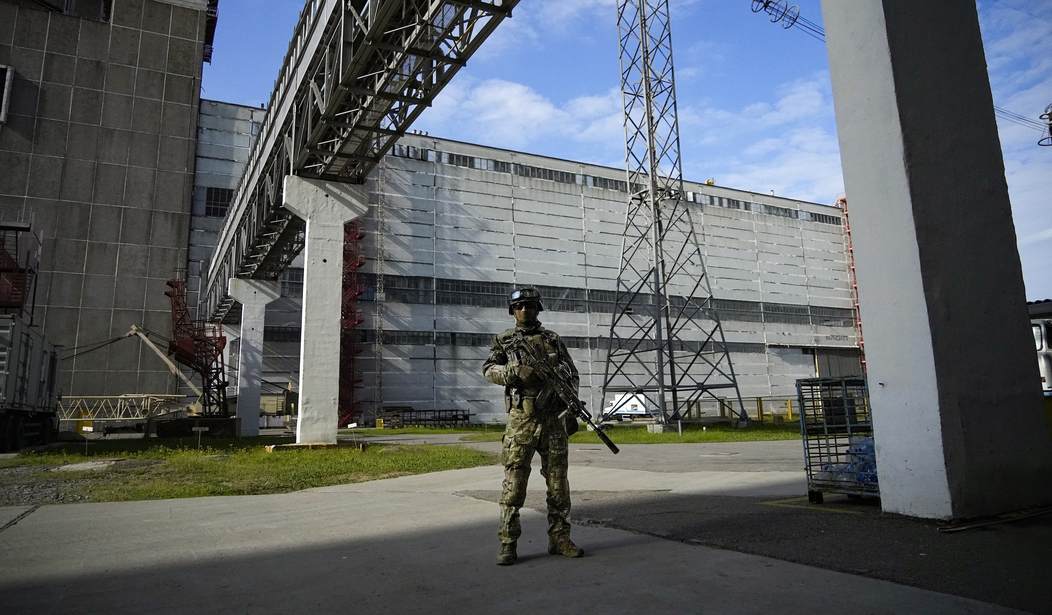The Zaporizhzhia nuclear power plant has lost all external power for the second time in five days, meaning its safety systems are being powered by diesel generators. The International Atomic Energy Agency’s (IAEA) Director-General Rafael Grossi called the development “deeply worrying.”
The cut in power appears to be part of an effort by Russia to claim sovereignty over the plant following the sham referendum that allowed Moscow to annex four provinces of Ukraine. “The Zaporizhzhia nuclear plant is now on the territory of the Russian Federation and, accordingly, should be operated under the supervision of our relevant agencies,” Deputy Foreign Minister Sergei Vershinin said, via Russian media outlet RIA.
On Oct. 1, the Russians kidnapped the Ukrainian head of operations at the plant, Ihor Murashov. He was released after the intervention of Grossi two days later. Murashov promised not to go back to work. Another Ukrainian plant official was taken on Monday and is still being held by Russian forces.
The Kremlin announced last week that it would take control of plant operations. The Ukrainian state energy company Energoatom refused to cede control, and it appears that Russia is taking matters into its own hands.
Ukraine’s state nuclear operator Energoatom said on the Telegram social media platform that a Russian missile attack on the substation “Dniprovska” in the neighboring Dnipropetrovsk region to the north was damaged, leading to the shutdown of a key communication line to the plant — prompting the diesel generators to turn on automatically.
Last month, Energoatom chief Petro Kotin told The Associated Press in an interview that in general, the Zaporizhzhia plant had enough fuel to run the diesel generators for just 10 days. He said those generators were “the station’s last defense before a radiation accident.”
We are witnessing a high-stakes game of nuclear chicken, with Ukraine insisting that it maintains sovereign control over the plant while Russia claims the plant is on its soil. Both sides look like they’ll go to the brink to win their point.
Related: Ukraine With a Whimper or a Bang?
The IAEA maintains a position of neutrality, serving as the loudest advocate for demilitarization and the formulation of a security zone. The European Union and United States echoed the same program policy, with EU Foreign Policy Chief Josep Borrell pushing for a full withdrawal of Russian forces from the plant. Thus far, Russia stands opposed to de-escalatory proposals that insist on returning ownership of the plant, and Russian Defense Minister Sergei Shoigu branded Ukraine guilty of “nuclear terrorism” following a barrage of nearby projectiles.
Neither side has clean hands in this conflict over the plant. Both sides appear willing to risk a nuclear catastrophe, thinking that the IAEA will pull their chestnuts out of the fire at the last moment.
That’s a fool’s hope. And the world may yet pay for such folly.










Join the conversation as a VIP Member